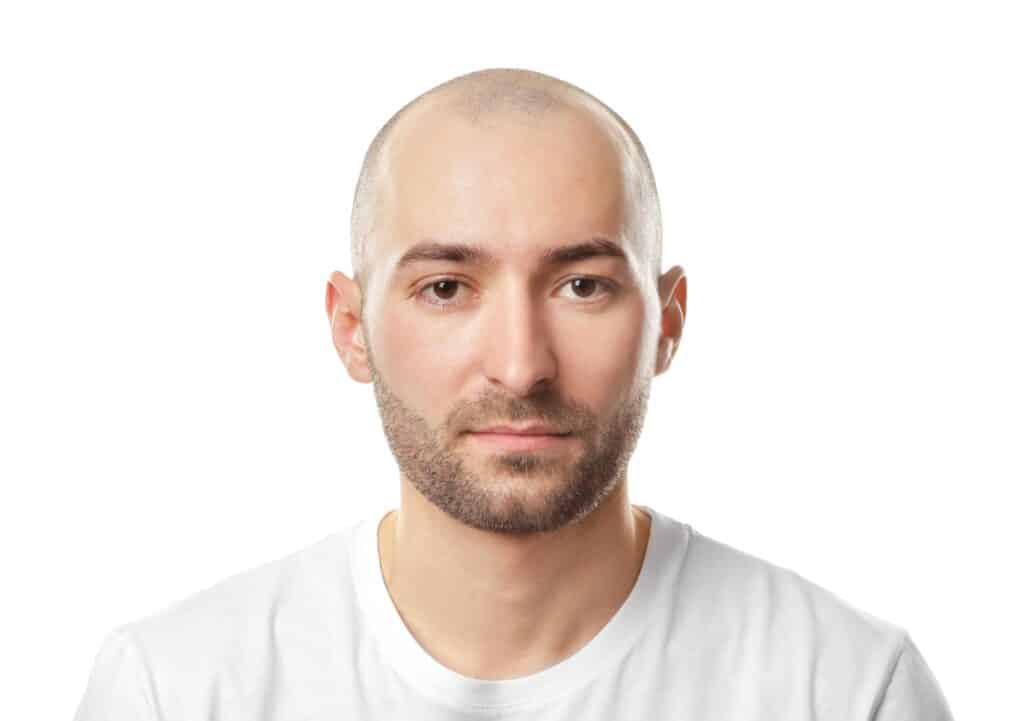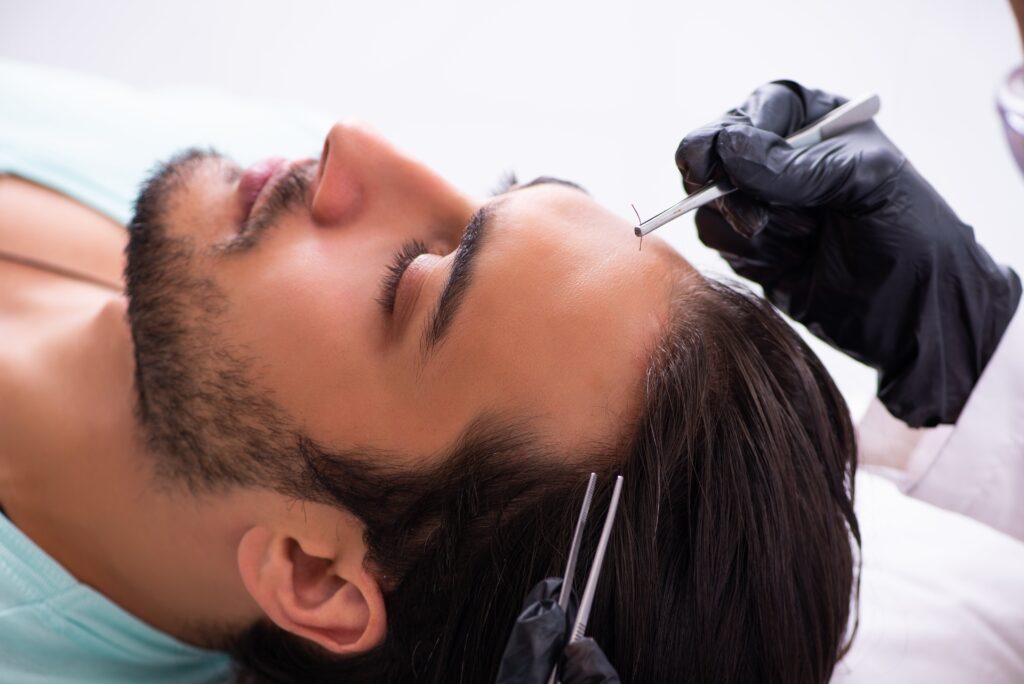Millions of people worldwide are suffering from hair loss. For those who are considering hair transplant procedures, one question often arises. What is the best age for a hair transplant? There is no definitive answer to this question. However there are several factors to consider when deciding if and when to undergo the procedure.
In this article, we will explore the different factors that can influence the ideal age for a hair transplant. We will also help you make an informed decision about your treatment options.
Factors to Consider in Determining the Best Age for a Hair Transplant
The ideal age for a hair transplant depends on several factors, including the patient’s overall health and lifestyle. If a person is healthy and has no underlying medical conditions that could affect the outcome of their transplant, they may be able to get a successful transplant at any age.
However, those with certain medical conditions such as diabetes or HIV may not be ideal candidates for the procedure due to potential complications.
Furthermore, when determining the best age for a hair transplant, one should actively consider lifestyle factors. Those who smoke or drink heavily may suffer from poor blood circulation, which can affect the success of their transplant.
Additionally, those exposed to strong chemicals or radiation regularly may not be good candidates for this procedure due to potential damage to their scalp and follicles.
Potential Challenges and Considerations for Different Age Groups

Doctors typically recommend hair transplants for individuals over the age of 25 because the hair loss process may not be complete before this age. However, individuals should consider potential challenges and considerations for different age groups when making the decision.
For young men in their 20s, it’s important to understand that this is a long-term solution. They should also take into consideration potential changes in their lifestyle. These could affect the results of the procedure.
Additionally, younger individuals should bear in mind that hair loss is progressive. They will need to commit to long-term follow-up treatments or maintenance procedures to maintain the desired results. This is because they might continue to lose hair.
For those in their 30s and 40s, hair restoration is still an option. But, it is important to recognize that any further hair loss could potentially affect the results of the procedure. The speed of the natural progression of male pattern baldness and the specific pattern of hair loss can often be difficult to predict. That’s why individuals should be aware of this when considering a hair transplant at this stage.
Higher Age Might Mean Higher Risks
Finally, for those in their 50s and 60s, a hair transplant may still be beneficial. However it is important to consult an experienced physician who can properly assess whether a patient is suitable for the procedure or not.
Because of their higher age, there may be an increased risk of complications. These could include slower healing times or unsatisfactory results due to existing scar tissue or weakened immune systems, compared to patients who get a hair transplant at a young age.
Moreover, men at this age have usually advanced to a late stage of hair loss on the Norwood scale. It means that there might be insufficient donor material to cover all areas where balding has occurred.
Consulting a Hair Transplant Specialist: The Key to a Successful Hair Transplant at Any Age

If you are considering hair transplant surgery, consulting a hair transplant specialist is crucial to ensure the best possible outcome. A hair transplant surgeon can evaluate your hair loss pattern, scalp condition, donor area, and medical history. It will allow them to determine if you are a suitable candidate for the procedure.
They can also recommend the most suitable technique (FUE hair transplant, DHI hair transplant?) and approach based on your individual needs and goals.
For example, older patients may have different expectations and considerations when it comes to hair transplantation. For example, they may prioritize natural-looking results over density or coverage. A skilled hair transplant specialist can guide them through the process and help them achieve their desired outcome.
Alternative Solutions for Different Age Groups

While a hair transplant may be the best solution for some individuals, it may not be the most suitable option for everyone. Depending on your age and the extent of your hair loss, there are alternative solutions that can help you achieve a fuller head of hair without undergoing surgery.
For younger individuals who are experiencing early signs of hair loss, topical treatments such as minoxidil or finasteride may be effective in preventing further hair loss and promoting regrowth. For those in their middle age, hairpieces or wigs can provide a quick and easy solution to cover up bald spots or thinning areas.
Additionally, scalp micropigmentation is becoming increasingly popular among men who want to create the illusion of a full head of hair without undergoing surgery. It involves tattooing small dots on the scalp to mimic the appearance of hair follicles.
Ultimately, the best solution for your specific needs will depend on various factors such as your age, degree of hair loss, and personal preferences, which is why it is so important to consult a qualified professional to determine which option is right for you.
Conclusion
In conclusion, there is no one-size-fits-all answer to the question of the best age for a hair transplant. It all depends on individual factors such as the degree of hair loss, the patient’s age, and their overall health. However, it’s important to note that the earlier you address hair loss, the better your chances of achieving successful results.
So, if you experience hair loss and you’re considering a hair transplant, don’t hesitate to consult a qualified and experienced surgeon, like our very own Dr Levent Acar, who can help determine the best approach for your unique needs. Remember, a full head of hair can do wonders for your confidence and self-esteem, so act today and start enjoying the benefits of a healthy head of hair!
FAQ
Younger individuals in their 20s must consider long-term lifestyle changes, while those in their 30s and 40s should be aware of potential further hair loss impacting results. Older individuals face risks like slower healing and limited donor material.
